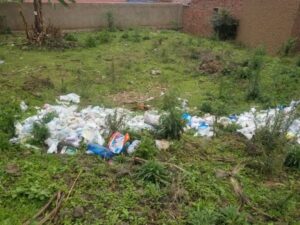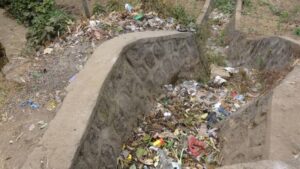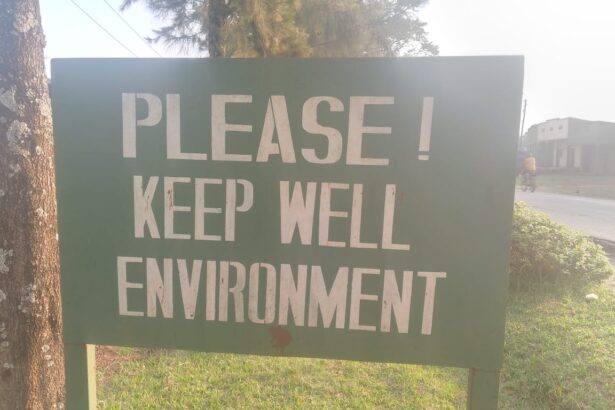
Evode Niyonsaba, Musanze sub-urban dweller, disclaim issue of baby Diapers piles in neighboring shrubs plot as persist.“
People are using night to put all those diapers here. Instead they can burn even though all are bad environmentally. If you check well, those are families of traditional mindset who didn’t contribute to cleaning fees.” Evode said.
Mukamana Alice, living near water drainage dumped wastes, she always wandering if local Authority doesn’t matter the issue.
“This illegal dump last like three months, but affects me. We tried to remove these wastes as solution, perhaps some neighbor no change on past living style where we disposed wastes every where. Local Leaders should enforce environmental laws and increase awareness on effects of improper wastes management on environment.”
- Advertisement -

Marie Grace, District environmental officer, recently told Umurengezi.com that some people need more effort to eradicate their activities that suppress environment.
“We will continue to educate people on how their activities can be done in harmony with other living things, eradicate plastics dumping in water drainage facilities. Those who will persist, we will use organic laws.” Grace said.
Some effects of poor wastes Management
Most waste is still dumped in open landfills, leading to overflowing dumpsites, such as the Nduba landfill in Kigali. This results in air, soil, and water pollution, particularly when hazardous waste mixes with municipal waste.
Improperly managed waste attracts pests and creates breeding grounds for diseases such as malaria, cholera, and respiratory infections, affecting the health of residents, particularly in informal settlements.
Burning waste is a common practice, which releases toxic fumes and particulate matter into the atmosphere, contributing to air pollution and climate change. Plastic waste, in particular, poses a significant problem as it does not decompose easily.
In cities like Musanze, in the Northern province of Rwanda, poor waste management leads to clogged drainage systems during the rainy season, exacerbating flooding and causing damage to infrastructure and property.
Piles of uncollected garbage in public spaces reduce the aesthetic appeal of cities, negatively impacting tourism and quality of life for residents.
Traditional methods often do not involve sorting waste at the source. This limits opportunities for recycling and composting, increasing the volume of waste that ends up in landfills.
Organic Law N° 04/2005 Of 08/04/2005 Determining the Modalities of Protection, Conservation and Promotion of Environment in Rwanda, tittle VI, chapter one, article 84 states that: It is prohibited to keep or dump waste in a place where it may:
1° encourage the breeding of disease carriers;
2° disrupt the people and the property.







